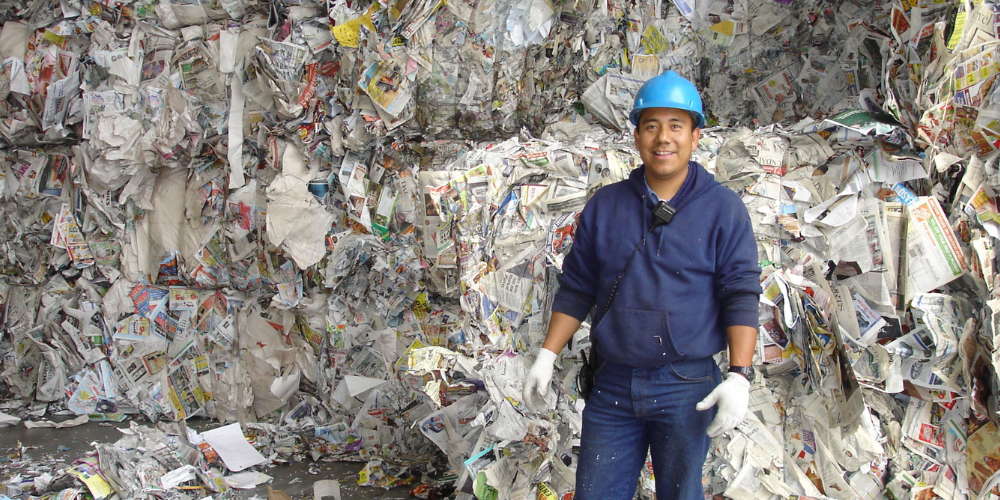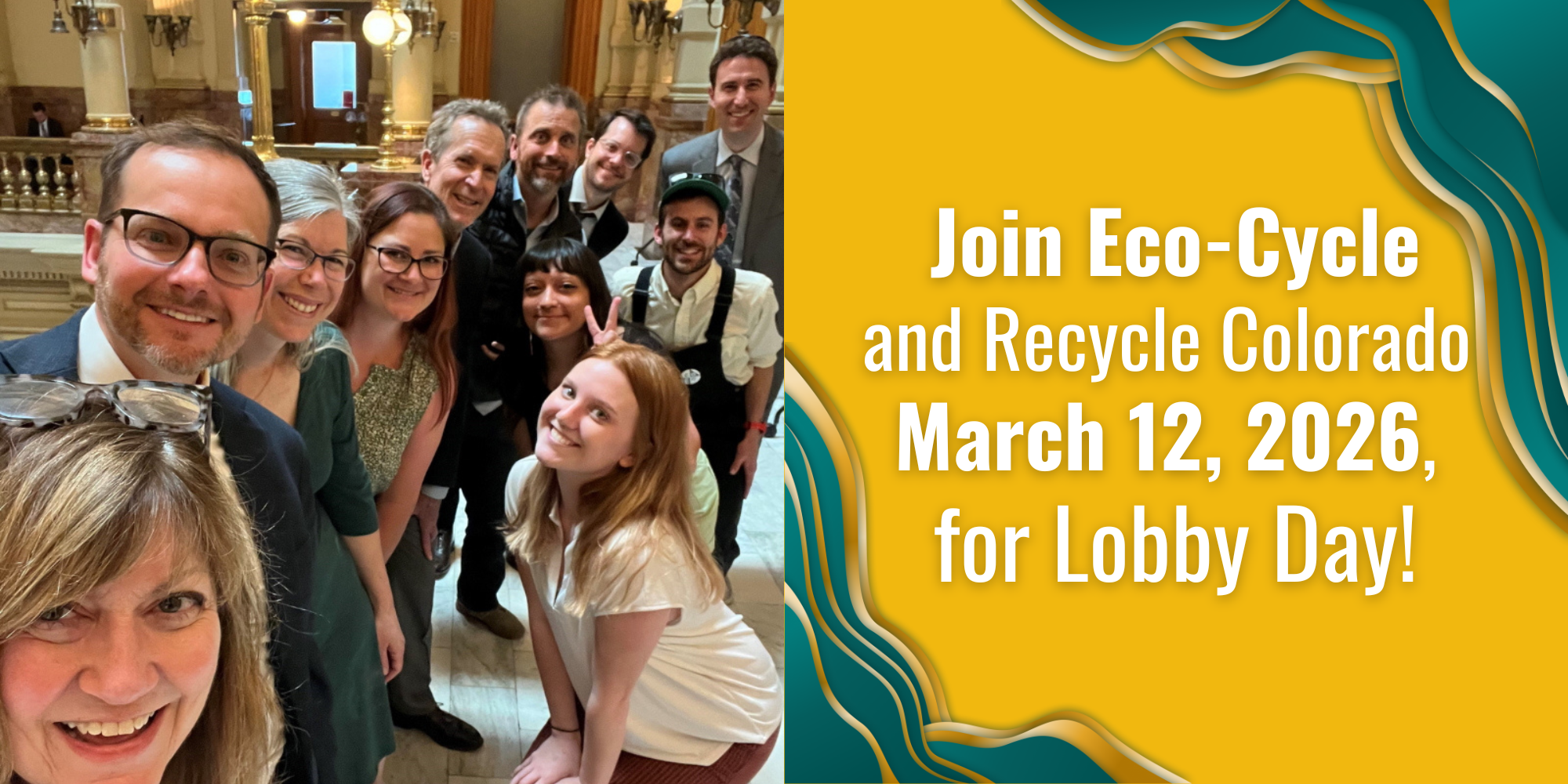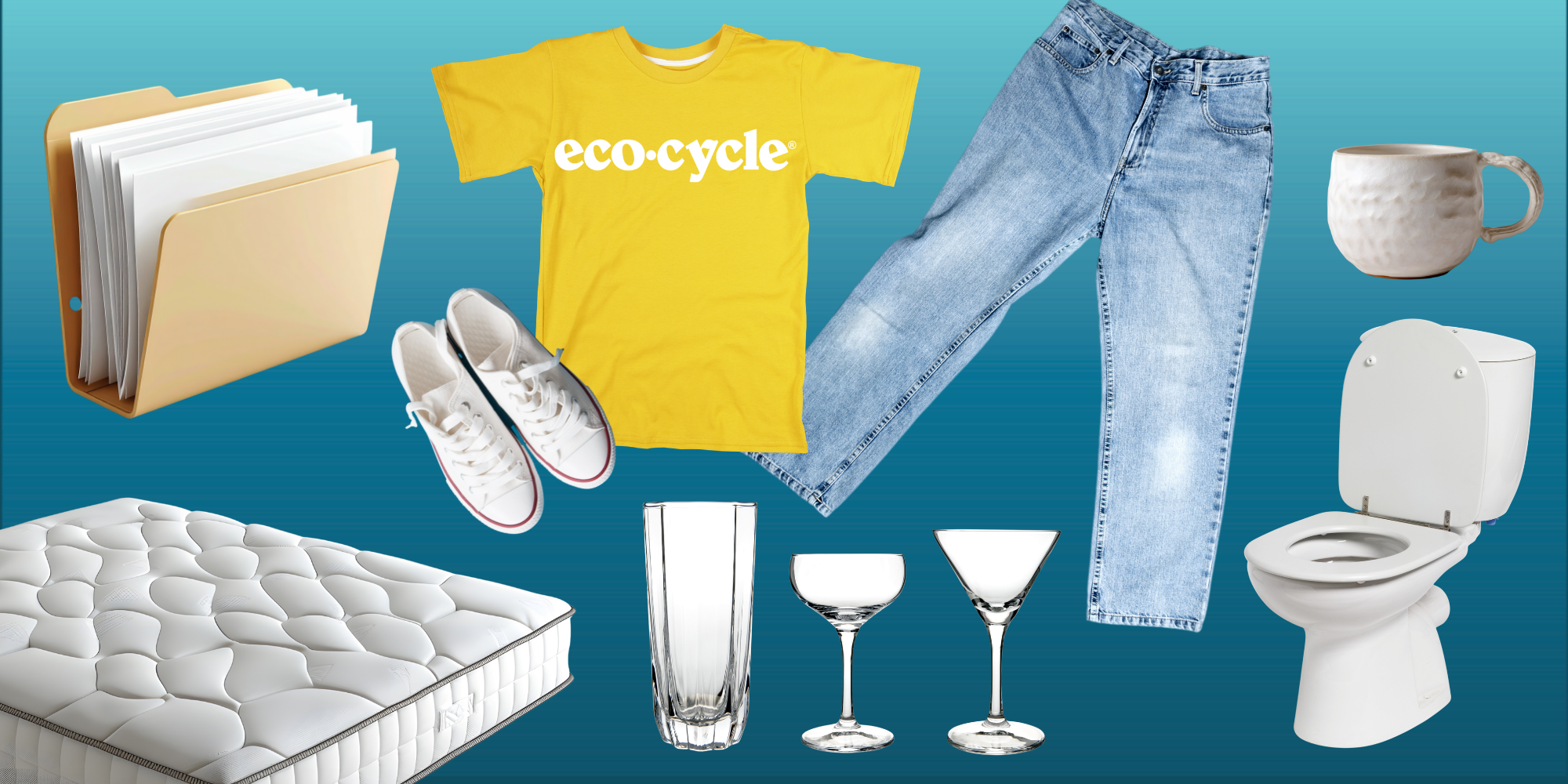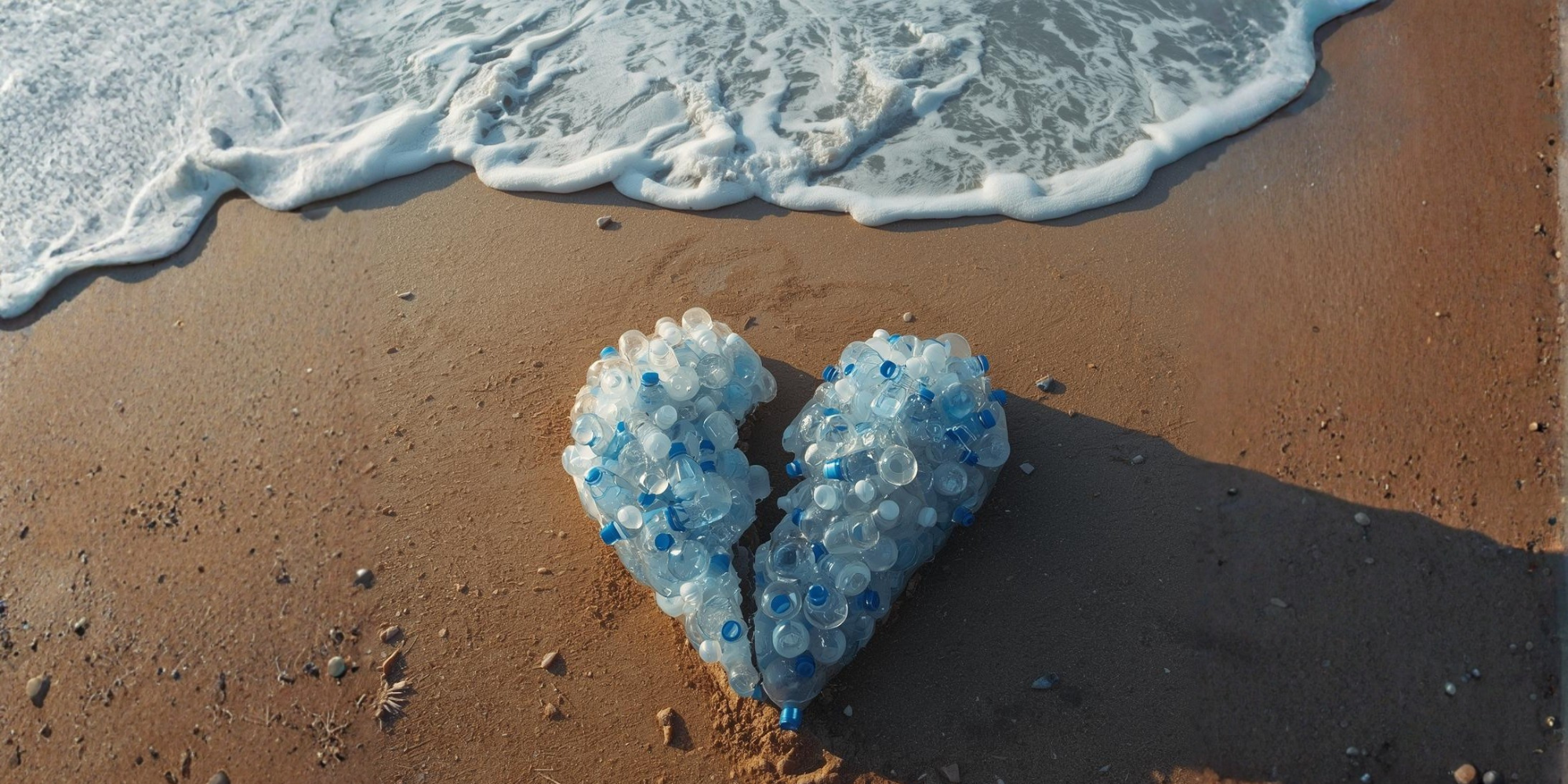Eco-Cycle’s Local Response: The Truth About Recycling in Boulder County
Eco-Cycle has authored this local response, in addition to the response coauthored by the Alliance for Mission-Based Recycling (AMBR), to a recent NYT article that disparages the recycling industry.

Eco-Cycle is a founding member of the Alliance for Mission-Based Recycling (AMBR), which published a clarifying response to a recent New York Times piece that claimed recycling is a lie. The AMBR response sets the record straight—recycling is not a lie, but misinformation about it certainly is. Read AMBR’s response here.
On a local level, we want to highlight Eco-Cycle’s efforts to ensure that the recyclable materials we collect and process from local communities in Boulder County go to responsible end markets in North America. As the contracted operator of the Boulder County Recycling Center (BCRC), Eco-Cycle does not ship BCRC–recycled material all around the world. Transporting materials long distances is expensive and uses more fuel, creating more greenhouse gas emissions. Instead, we prioritize using domestic and regional end–markets, and actively work to support more businesses in Colorado, and regionally, that use recycled materials in their products so we can market materials as locally as possible.
The Truth About Plastics: What’s Recyclable and What Needs to Go
Eco-Cycle believes it is crucial to reduce plastic production, which comes from fossil fuels, beginning with the elimination of the most unnecessary, toxic, and non-recyclable plastics—specifically, #3 polyvinyl chloride (PVC), #6 polystyrene (PS), and #7 polycarbonate (PC). We do not accept these plastics at the BCRC, and thankfully they represent only a small fraction of incoming material at the facility.
We have long urged consumers not to purchase products or packaging made from #3, #6, or #7 plastic resins, because, in addition to being toxic to produce, they lack viable end markets to purchase them and turn them into something new; if any of these plastics mistakenly are put into recycling bins that come to the BCRC, these plastic materials are sent to the local landfill as trash. The plastics that we DO take for recycling are the least toxic and most recyclable plastics: bottles, tubs, jugs, jars, clamshells, and some rigid plastics labeled #1 PETE, #2 HDPE, or #5 PP. These materials are baled and shipped to thoroughly vetted markets—some in Colorado, and some in the Southeastern US—where they are further sorted, cleaned, shredded, and then melted down into plastic pellets or “nurdles” that are used as feedstock for new plastic products. For more information, see Eco-Cycle’s guide to problematic plastics.
Responsible and Ethical Recycling for Electronics
Regarding electronic scrap (or e-scrap), Eco-Cycle is committed to ensuring we are not contributing to “garbage imperialism” impacting the Global South but instead are responsibly managing the recycling of e-scrap and supporting authentic recycling that is truly circular and reduces environmental and social justice impacts. To that end, Eco-Cycle collects computers, phones, televisions and other e-scrap at the Eco-Cycle/City of Boulder Center for Hard-to-Recycle Materials (CHaRM) located at 6400 Arapahoe Road in Boulder.
At the CHaRM, like countless other responsible electronics recycling facilities across the US, we rely on a well-established certification body to ensure NOTHING we collect for recycling is exported. This certification, known as eStewards, is managed by the Basel Action Network, an NGO that actively supports the United States’ adoption of the Basel Convention of the United Nations. This important agreement, unsigned by the US, mandates that developed nations cannot “export harm” to developing nations. To achieve this, eStewards are required to thoroughly audit and document all downstream pathways and markets for their materials. In addition to a rigorous export ban, eSteward certification mandates NAID certification to ensure no data is at risk of falling into the wrong hands or of being otherwise compromised. Other recycled electronics are sorted and disassembled into separate different materials and components. Valuable materials, such as metals and plastics, are recovered for reuse or recycling. Hazardous materials, like those found in screens and circuit boards, are safely removed and handled according to industry standards. Eco-Cycle offers a service that provides a formal “Certificate of Destruction” for data-bearing devices.
We ensure that all e-scrap we collect goes to e-Steward certified end markets, which uphold the highest ethical standards for recycling electronics. We urge all consumers to make sure that they are only patronizing e-Steward certified facilities when they dispose of their electronics.
Want to ensure you’re making a difference with your recycling? Get clear answers to your local recycling questions by exploring our FAQs.



























